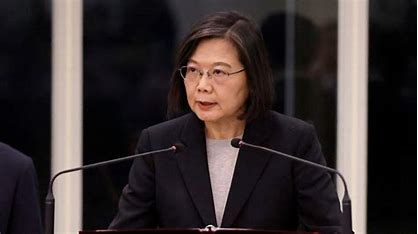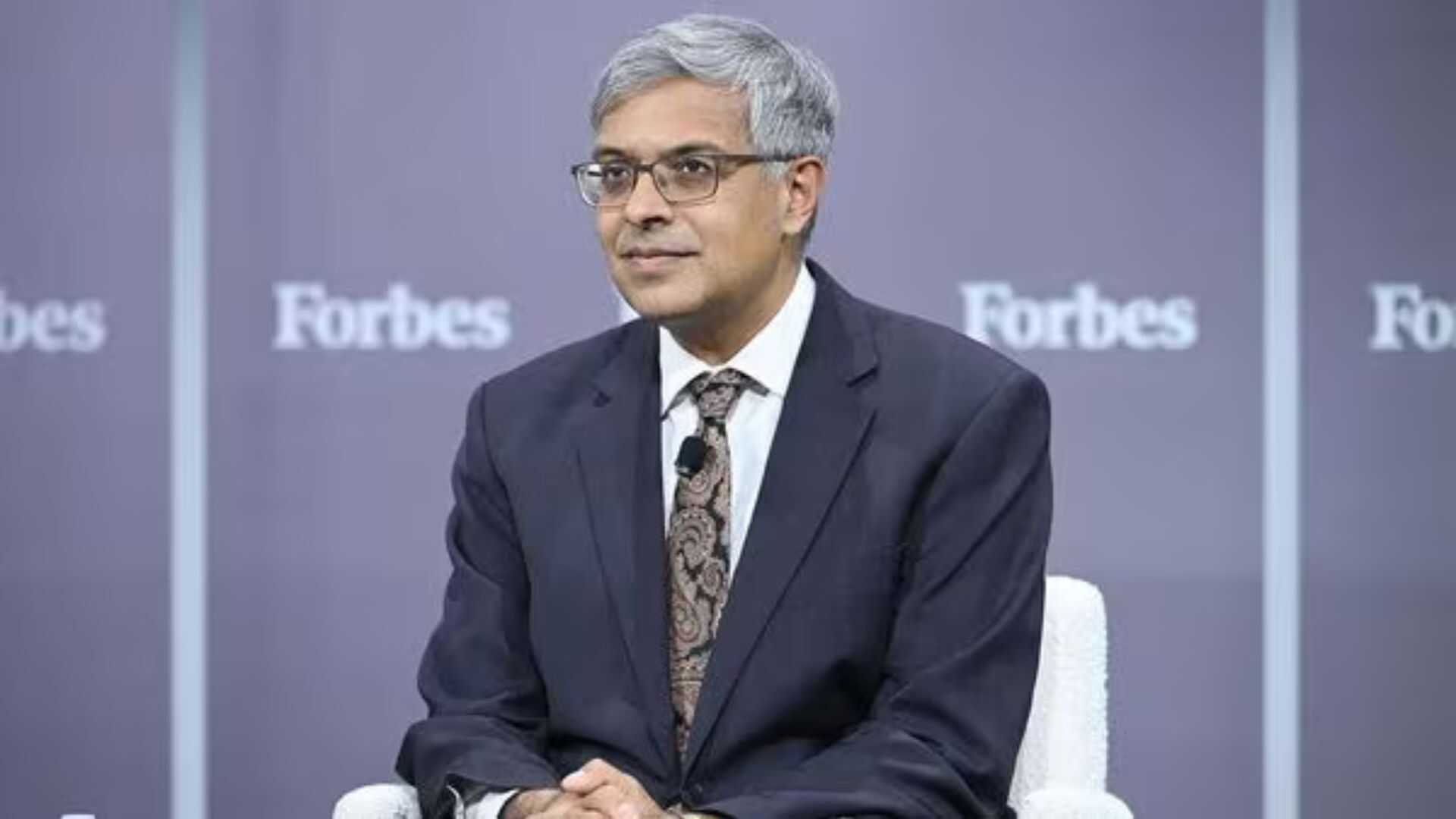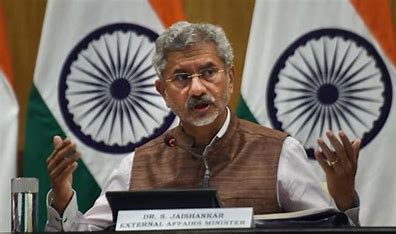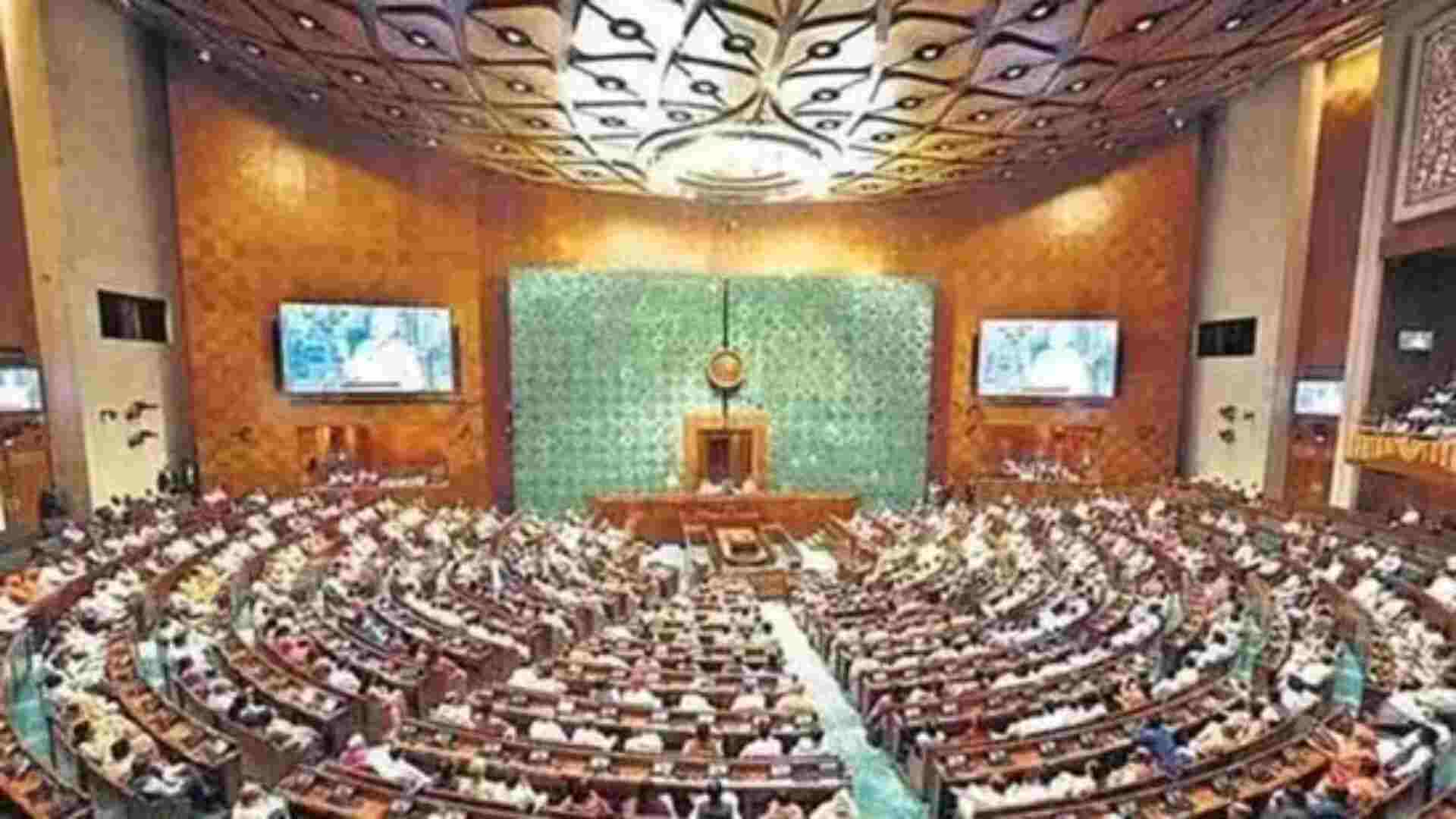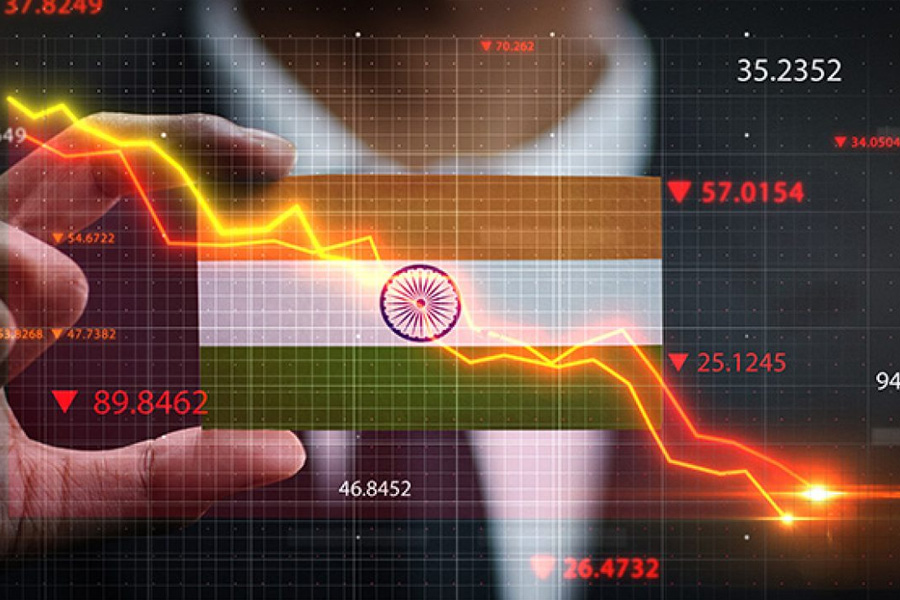
India, often lauded as the world’s fastest-growing major economy, has recently witnessed a slowdown in its GDP growth. In March 2024, CNN termed India as the world’s fastest-growing major economy. However, India’s GDP growth for the quarter ending June 2024 came in at 6.7%, slightly below expectations and 1.5 percentage points lower than the growth rate during the same quarter last year. This dip has raised eyebrows both domestically and internationally. While some may view this as a troubling sign, it’s crucial to recognize that this is not an indication of long-term decline but rather a momentary pause in India’s otherwise upward trajectory. The current challenges are significant, but they are not insurmountable. A deeper look reveals that India has both the strength and the strategies to bounce back robustly.
Domestic Factors Impacting Growth
Weather Challenges and Agricultural Impact: India’s agricultural sector remains a bedrock of the economy, employing a significant portion of the workforce and supporting rural livelihoods. This year, erratic monsoon patterns and an unusually harsh summer have disrupted this sector. Unpredictable weather has led to a decline in agricultural output to 2.7%, affecting rural incomes and stoking inflation, particularly in food prices. These inflationary pressures, in turn, dampen overall consumer demand, slowing down economic activity. Investments in sustainable agricultural practices and improved irrigation systems could mitigate the adverse effects of such climatic irregularities, stabilizing rural incomes and enhancing overall economic resilience.
Economic Implications of Electoral Cycles: India’s vibrant democracy, while a strength, also poses unique economic challenges, especially in the run-up to elections. Political uncertainty often leads to a wait-and-watch approach among businesses and consumers. Investment decisions are deferred, and households cut back on discretionary spending due to apprehensions about policy continuity. This phenomenon, known as the “election cycle effect,” temporarily suppresses economic activity. Retail sales growth, for example, slowed to 4.2% in recent months, down from 7.1% earlier in the year, reflecting cautious consumer sentiment. Maintaining a steady course of economic reforms irrespective of electoral outcomes is crucial to maintaining economic stability.
Geopolitics & Rate Hikes
Global Economic Slowdown and Export Challenges: The slowdown in global demand has been a significant external factor affecting India’s growth. As the US, China, Russia, and the European Union—India’s major trading partners—grapple with economic challenges, Indian exports, particularly in textiles, automotive, and IT services, have seen a decline. Despite these challenges being a drag, India has continued to maintain a strong export performance in sectors such as pharmaceuticals, which grew by 12% year-on-year, and chemicals, demonstrating resilience. The focus must now be on diversifying export markets and enhancing the competitiveness of Indian products globally. India’s proactive trade policies and new trade agreements are set to open up new avenues, bolstering export growth and reducing dependency on traditional markets.
Geopolitical Instabilities: The geopolitical landscape, marked by conflicts like the Russia-Ukraine, Israel-Middle East and ongoing US-China trade tensions, has created a climate of uncertainty, affecting global supply chains and trade flows. For India, this has meant disruptions in imports and exports and increased volatility in commodity prices. For instance, crude oil imports, which constitute a significant portion of India’s import bill, increased by 14% in the first half of 2024 due to supply chain disruptions. Strengthening trade relations with emerging markets in Africa and Latin America, as well as enhancing economic cooperation with ASEAN countries, could shield India from global economic shocks.
Interest Rates and Their Economic Impact: The Reserve Bank of India (RBI) has been aggressively raising interest rates to curb inflation, with the repo rate now standing at 6.5%. While higher rates help in managing inflation, they also make borrowing costlier, affecting consumer spending and business investment. Credit growth in the non-food sector slowed to 9.2% in July 2024, down from 13.5% a year earlier, reflecting the impact of higher borrowing costs. Balancing inflation control with growth is critical. A more nuanced monetary policy approach that supports growth while keeping inflation in check could be instrumental. The government’s continued focus on structural reforms and fiscal prudence will also play a crucial role in complementing the RBI’s efforts.
Path to Recovery
Job Creation and Skill Development: India’s large and youthful workforce is a double-edged sword. While it presents immense potential for economic growth, it also poses a challenge in terms of job creation. Despite the current slowdown, India has shown resilience in sectors like technology, e-commerce, and renewable energy, which continue to create jobs. Employment in the technology sector, for example, grew by 5.7% in 2024, even amidst global tech layoffs. Initiatives such as ‘Skill India’ and ‘Make in India’ are set to bridge the skills gap and enhance employability. By focusing on high-growth sectors and promoting startups, India can harness its demographic dividend, leading to sustainable economic growth.
Accelerating Structural Reforms: Structural reforms are the cornerstone of sustained economic growth. The government’s commitment to reforming labour laws, land acquisition processes, and the financial sector has already begun to show positive outcomes. The pace of these reforms is vital in enhancing the ease of doing business, attracting foreign investment, and fostering domestic entrepreneurship. Prime Minister Modi’s administration has shown determination in driving these reforms forward, ensuring that India remains an attractive destination for global investors. Accelerating these reforms could unlock India’s growth potential, driving the economy back to a high-growth trajectory.
Sustained Growth
India’s economic fundamentals remain strong. The country continues to be one of the most attractive investment destinations globally, thanks to its large market, growing middle class, and pro-business government policies. The slowdown is temporary, and with strategic interventions, India is well-positioned to regain its growth momentum. Critical areas of focus include:
Promoting Export Competitiveness: Diversifying export markets and improving the quality and competitiveness of Indian goods will reduce dependency on traditional markets and drive export-led growth.
Enhancing Infrastructure Investment: Continued investment in infrastructure, particularly in logistics, transportation, and digital infrastructure, will reduce costs, enhance productivity, and attract investments.
Innovation and digitalisation: Encouraging innovation and leveraging digital technologies across sectors can boost productivity, create jobs, and sustain growth.
The Bottom Line is that India’s GDP growth slip, while a cause for concern, is not a reflection of the country’s long-term economic potential. The proactive and visionary Indian leadership has laid a solid foundation for sustained growth. By addressing both domestic and global challenges with strategic policy measures and reforms, India is poised not only to recover from this slowdown but to emerge stronger, reaffirming its position as one of the world’s leading economies. With the right mix of policies and reforms, India can convert this temporary setback into an opportunity for renewed growth and prosperity.
Rakesh K Chitkara is an expert in public policy, regulations, and international trade.
